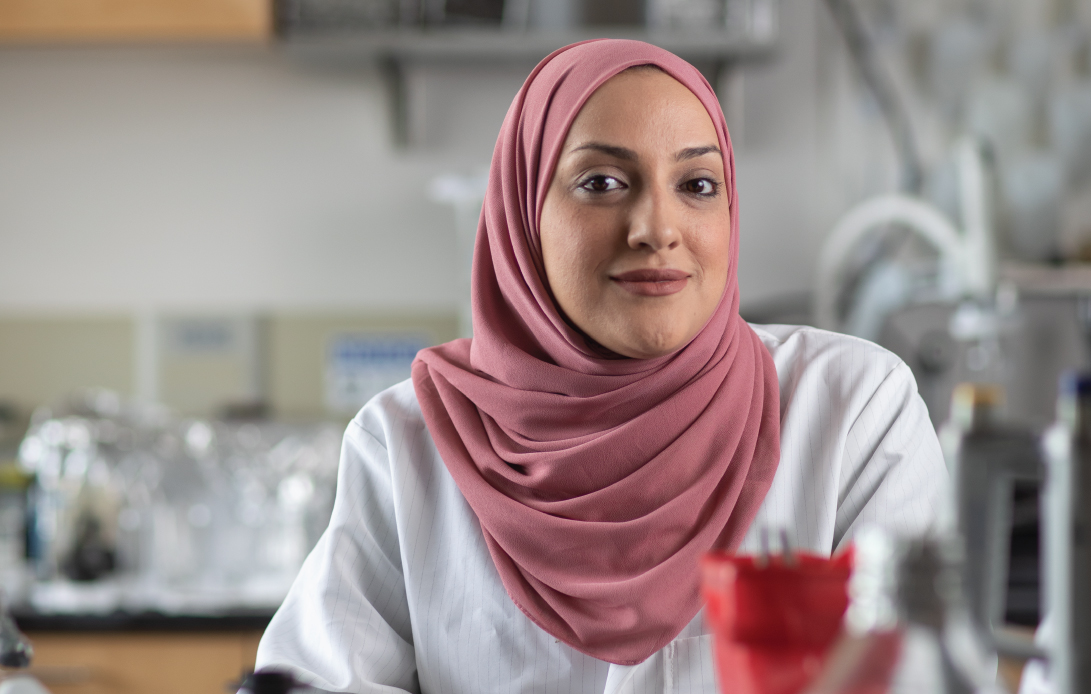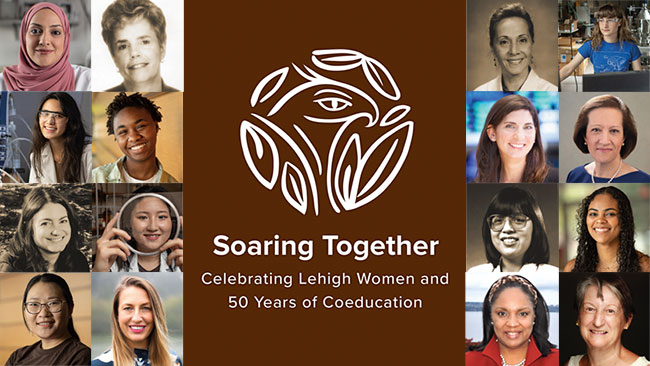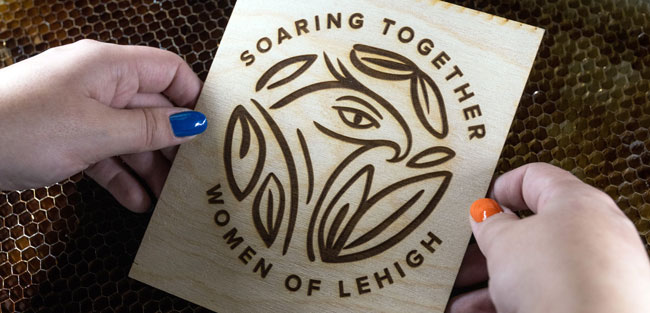
 Nusaibah Alqasawah, Environmental Engineering
Nusaibah Alqasawah, Environmental Engineering
When Nusaibah Alqasawah was a kid growing up in Jordan, she wanted to know why there was so much pollution around her—in the air, in the water, on the streets—and what she could do about it.
She soon became “obsessed” with the idea that she could solve these pollution problems with environmental engineering. She earned undergraduate and master’s degrees in the field before eventually moving with her husband to Bethlehem.
At first, he alone was the Lehigh PhD student, and Alqasawah was the mother of their one-year-old son. It was hard to think about balancing family life with grad school, but, remember, she was obsessed. And so she applied to the civil and environmental engineering graduate program and had her pick of multiple research positions. Today, her son is four, and she’s in her second year as a doctoral student working with professor Kristen Jellison.
It’s been a wild research ride. She started out studying the presence of Cryptosporidium in recreational waters. The microscopic parasite causes cryptosporidiosis, which leads to diarrhea and, in some people, serious illness. It can enter rivers, lakes, and streams through fecal matter runoff from nearby pastures. After the pandemic hit, funding for the project dried up, and she was crushed. But then Lehigh funded something similar: detecting COVID-19 RNA in wastewater, specifically in the effluent from the university.
It’s an opportunity, she says, to contribute in a significant way toward early detection measures that could guide decision makers trying to control virus outbreaks. It is immensely rewarding work. The kind of work that would make her younger self proud.
“I think this is a very good thing that I can do for my community,” she says. “I’m totally satisfied with my life.”
Next up: Alyssa Arizola >>
This profile is part of Resolve Magazine's Soaring Together series.
Photography by Douglas Benedict/Academic Image


